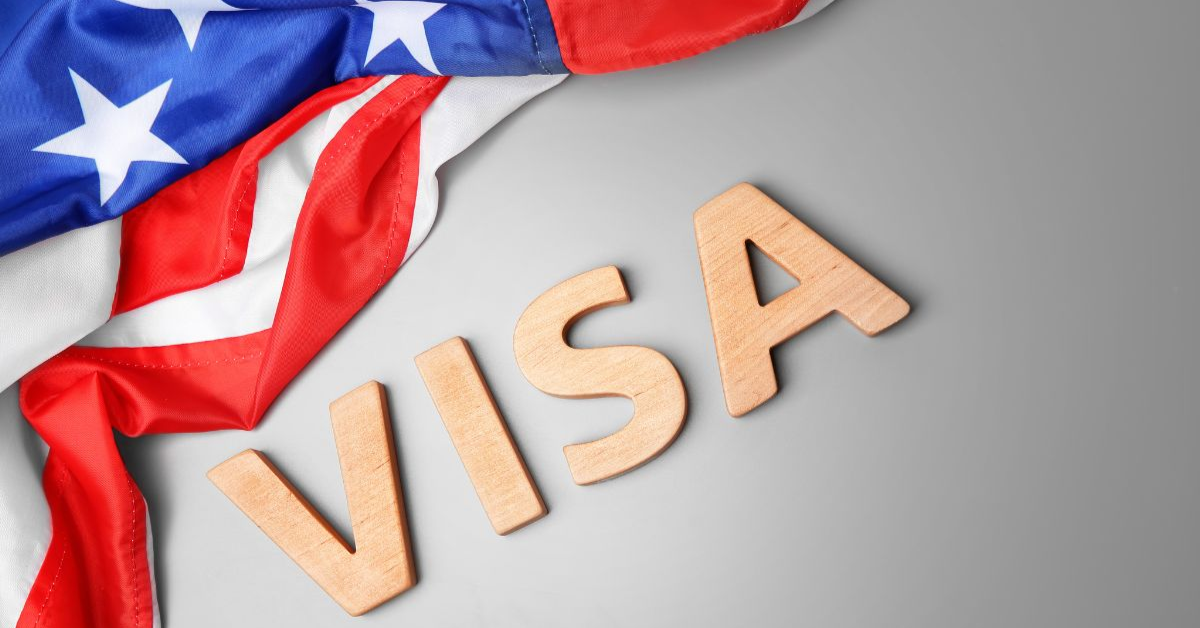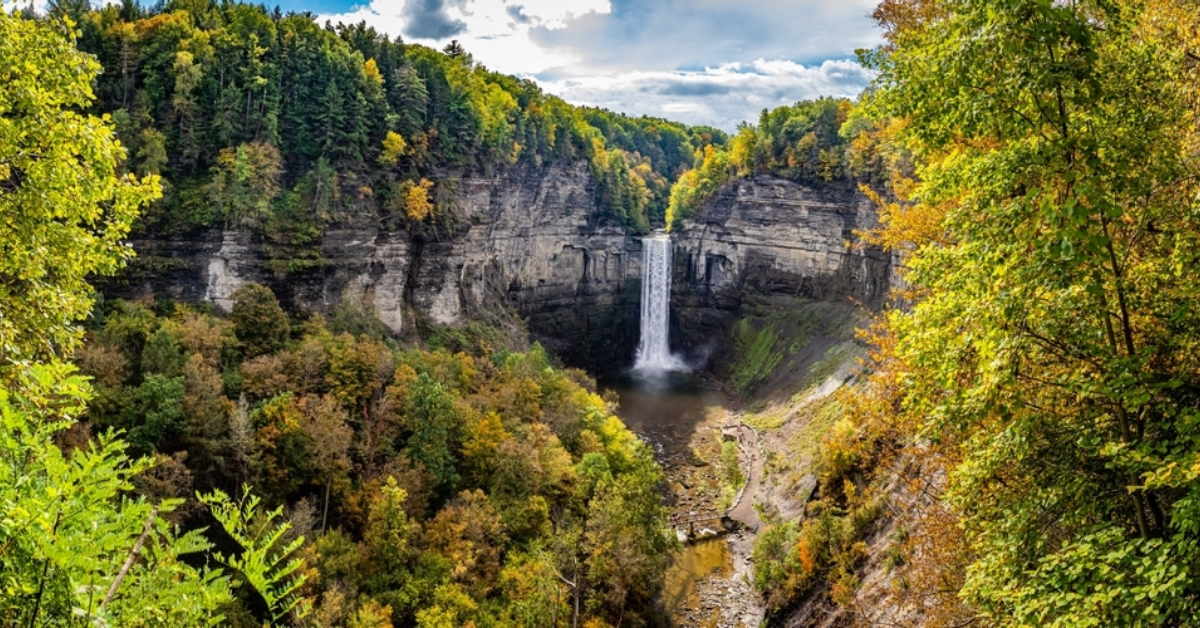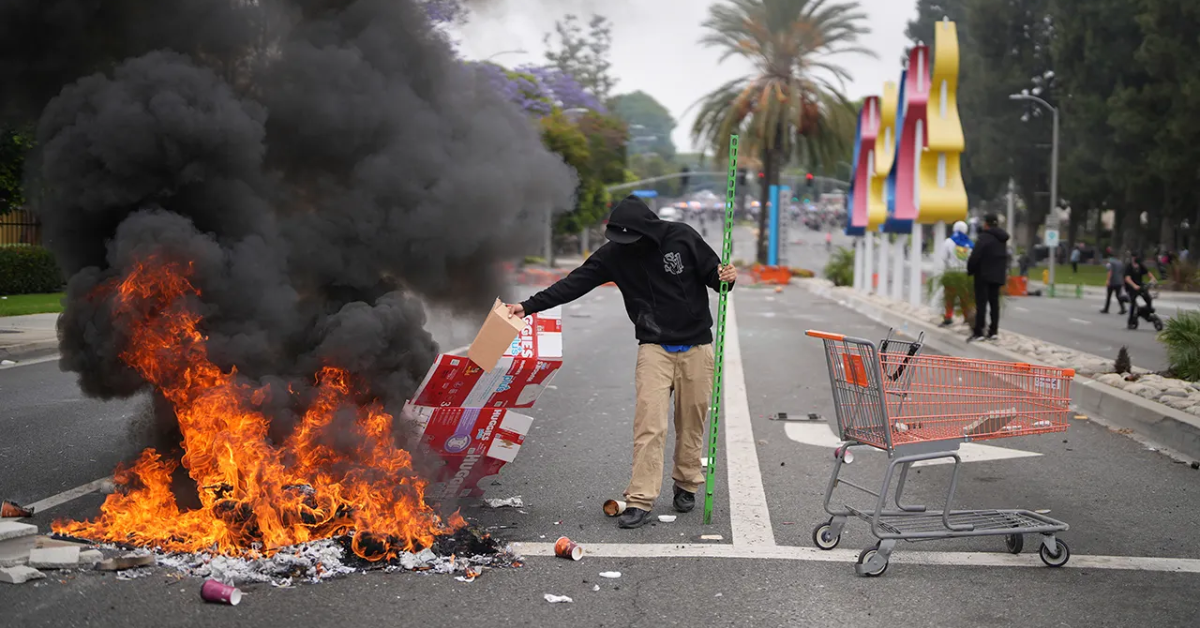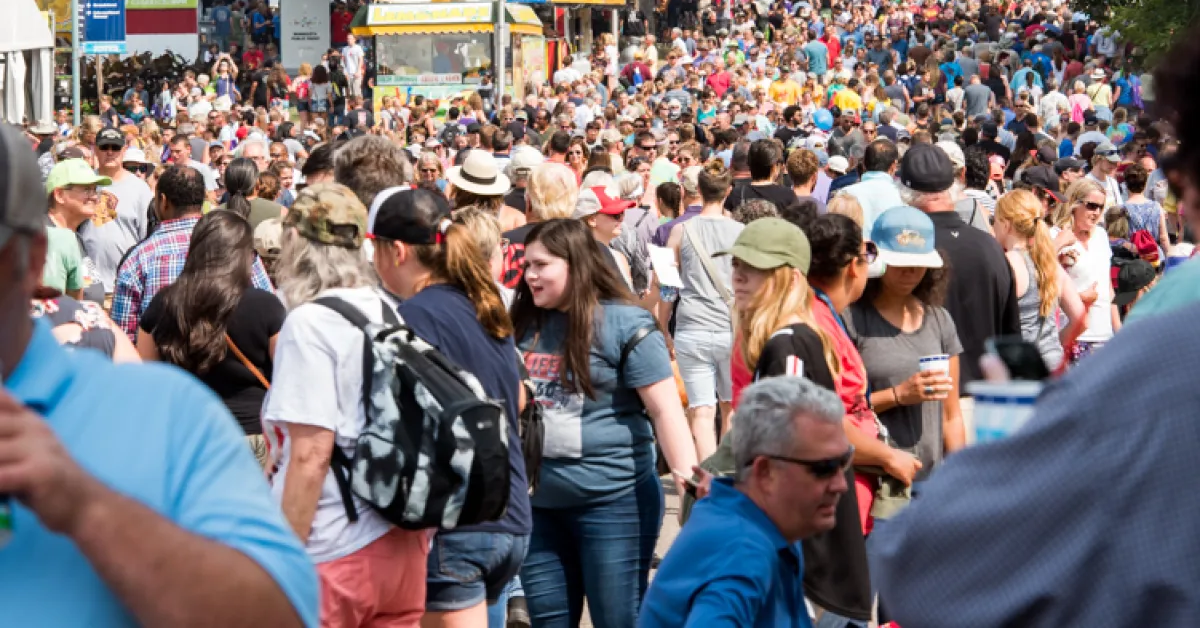The recent decision by the U.S. government to exclude several African nations from its fast-track Visa Waiver program has caused widespread concern and disappointment. Many Africans and global travellers feel that this move creates unnecessary barriers, limiting freedom of movement and complicating travel plans. For those who regularly visit the U.S. for work, study, or tourism, these exclusions pose real challenges, affecting not only personal connections but also economic opportunities.
This news comes at a time when global travel is gradually recovering from the effects of the COVID-19 pandemic, and many expect smoother, more inclusive immigration policies worldwide. The U.S. government’s approach, however, has raised questions about fairness, discrimination, and the long-term impact on international relations. Understanding the reasons behind this decision and its consequences is essential, especially for younger, globally-minded audiences.
What Are the U.S. Fast-Track Visa Waiver Exclusions?
The U.S. Visa Waiver Program (VWP) allows citizens from specific countries to enter the United States for tourism or business without obtaining a visa. Recently, the U.S. announced that certain African nations would not be eligible for the fast-track Visa Waiver, meaning travellers from these countries must go through the traditional visa application process, which can be time-consuming and costly.
This exclusion largely affects countries that the U.S. government perceives as higher security risks or with lower compliance in screening measures. While the exact list of affected countries varies with policy updates, many African states have expressed frustration over the lack of transparency and dialogue in the decision-making process.
Global Reaction and Backlash
The exclusion has triggered a wave of criticism from international observers, human rights organisations, and African governments. Many argue that the policy unfairly targets African nations, deepening stereotypes and reinforcing systemic biases in immigration controls. According to an article by BBC News, several African leaders have called for urgent talks with the U.S. to address the policy’s negative effects on people-to-people ties.
Younger travellers and diaspora communities are particularly vocal about how these restrictions sever cultural and professional links. Some African students studying in the U.S. fear that delays in visa access could disrupt their education. Meanwhile, business owners worry about losing opportunities for international collaboration and trade.
Impact on Travel and Tourism
The practical consequences for tourism and travel industries are significant. Visa processing delays increase costs and discourage many from attempting visits to the U.S., which could reduce tourism revenue for both African countries and American businesses dependent on international visitors. The U.S. Department of State notes that while security is a top priority, balancing that with the need for open international travel is a constant challenge.
For young travellers who thrive on global exposure, this exclusion can feel like a step backward. It limits opportunities to experience different cultures and attend important events, internships, or work programs in the U.S. Many hope that increased dialogue and advocacy will encourage the U.S. to reconsider its stance and move towards more inclusive policies.
Looking Ahead: What Can Be Done?
Experts suggest that building better communication channels between the U.S. and African governments could reduce tensions and improve trust. Transparency in how visa policies are formulated, along with efforts to support security without blanket exclusions, might pave the way for more balanced decisions. As per reports by Council on Foreign Relations, such diplomatic engagement is crucial to prevent misunderstandings and promote cooperation.
For travellers, staying informed about visa requirements and exploring alternative routes to entry can help manage the transition period. Communities are also encouraged to voice their concerns through diplomatic channels and social media platforms to raise awareness and push for change.
Conclusion
The U.S. fast-track Visa Waiver exclusions for certain African nations have sparked a global backlash that goes beyond travel inconvenience. This policy highlights sensitive issues related to security, fairness, and international relations. While protecting borders is important, many believe that the current approach harms goodwill and hinders opportunities for growth and exchange.
Going forward, finding a middle ground where security measures coexist with open and inclusive visa policies will be key. Greater transparency and collaboration between the U.S. and African countries can help restore trust and ensure that travel remains a bridge connecting diverse cultures and futures.







